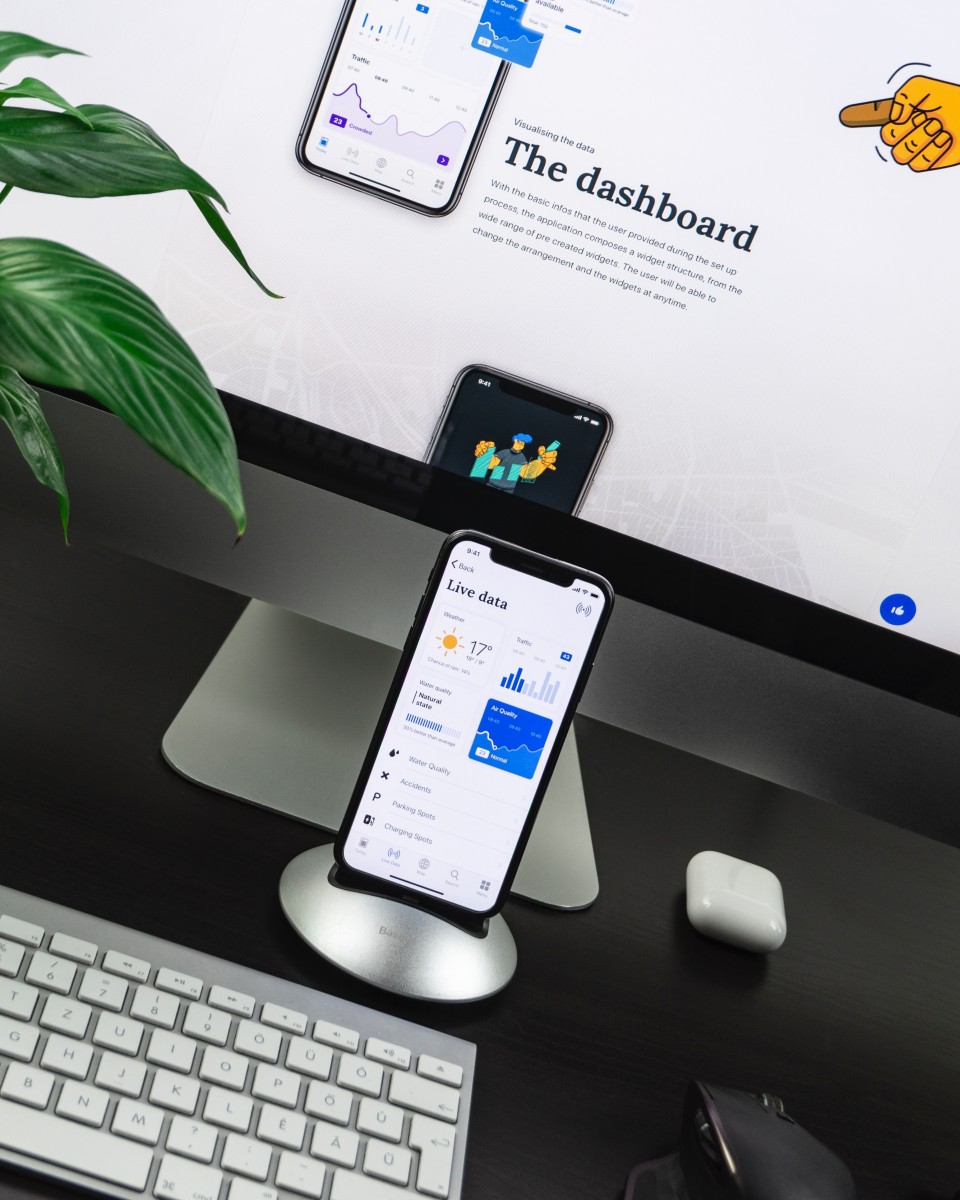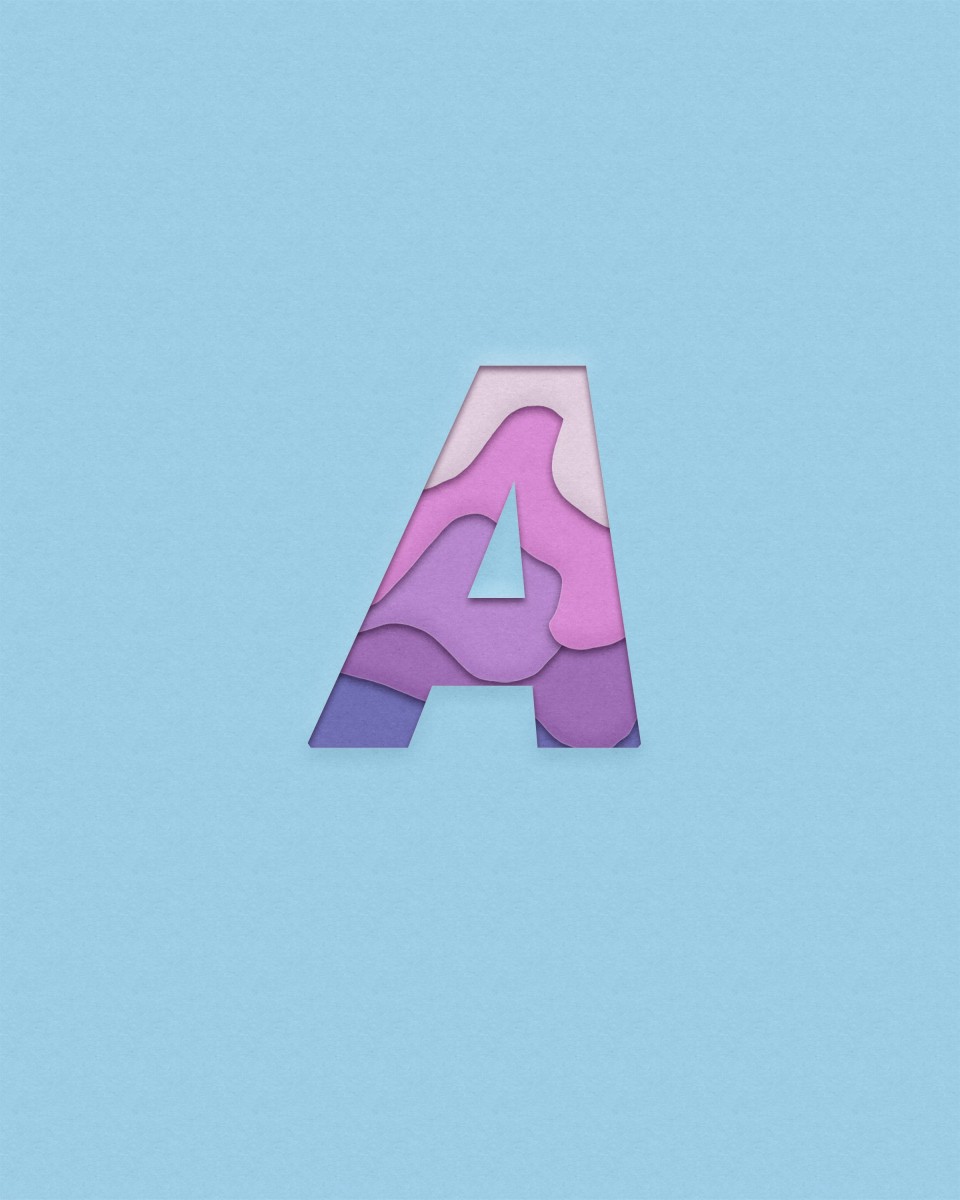At the beginning of your freelance journey, you're on your own. You don't yet have clients or a regular team. You have to start from scratch: creating profiles on freelance platforms, choosing projects, running social media, building a portfolio, and communicating with clients. All of this can feel overwhelming and discouraging. At some point, you might even start sending out resumes for office jobs. But in reality, the early stage of freelancing is the most exciting period in your career. And if you do everything right, you’ll learn a lot of valuable things.
What You Can Learn
Freelancing puts you in unpredictable situations. One of our friends, a graphic designer, once had to explain the color choices in a logo to a client. The client wouldn’t agree, and at the end said: “Dima, I’m a Capricorn, there’s no point arguing with me.” The situation was made worse by the fact that Dima never discussed a prepayment or deposit, so the Capricorn-client had all the leverage.

Isn’t that a school of life? These moments teach you psychology, financial law, and caution. In the end, Dima did deliver the logo and got paid—but it cost him a lot of nerves. This guide on freelance finances will help you establish proper communication with clients around money. In short: words mean nothing. Even friendly and seemingly honest people can take your work and disappear without paying. Or send you a thousand revision requests before making a payment. To avoid trouble, use Escrow systems on freelance platforms—where money is held by the service and released only when both sides are satisfied. Or register as a sole proprietor and sign contracts for your projects.
What Should I Do?
You can enter freelancing by choice or unexpectedly—after a layoff, due to COVID, etc. The best place to start is with the question: what do I do better than others, and what kind of work would actually bring me joy?
The remote work market is saturated with people who are “just trying things out,” or who want to make money on day one—even if that means undercutting prices threefold. We recommend starting with the right mindset: win with quality. Make strategic decisions, think about the future and your reputation.
What do I do better than others? What would I do even for free? How can I do it even better?

The next important topic is education. The freelance market is fast-moving. Existing jobs evolve and new ones appear. These days, no one is surprised to see job postings for a TikTok Creator, because major brands need a pool of young and creative people who are comfortable on camera, know how to shoot, work with lighting, and edit videos.
Focus on multitasking. Highlight your core skill and add 2–3 more. For example, there are thousands of Russian-speaking copywriters. There are hundreds of good ones who also speak English at a C1 level. But there are only a few who can also build a landing page using a constructor, place content, and offer solid help with design and typography. Develop your skills—it will make you more competitive and allow you to earn more. Here we talk about how to stay relevant in the freelance market.
According to global statistics, 19% of freelancers have no higher education. Listen to podcasts, watch streams and films, read blogs, take coaching courses. Seriously, continuous learning is not just the key to success—it’s the key to survival in freelancing. The market grows by the minute.
Human Brand: Social Media and Professional Platforms
While building your skillset, work on your personal brand too. Add professionals on Facebook. Share work updates, insights, and tips. Position yourself as a specialist—not by claiming “I’m better than everyone,” but rather, “This is something I’m learning, I’m getting better at it every day, and I genuinely enjoy it.”
According to Payoneer stats 34 out of 100 freelancers promote themselves through Facebook, and another 28 find clients via LinkedIn. In addition to well-known platforms, create profiles on professional ones:

And most importantly—once you start freelancing, sign up for WAYUP coaching programs. We have a professional community that will help, advise, and sometimes even connect you with a project. We also offer strong training in design, coding, marketing, and communication. For example, the “Web Designer: Golden Ticket to Thailand” coaching program. You’ll learn typography and color theory, UI/UX architecture, and how to use Adobe Photoshop, Adobe XD, and Figma. You’ll also learn how to earn your first money with ease—even while studying.
